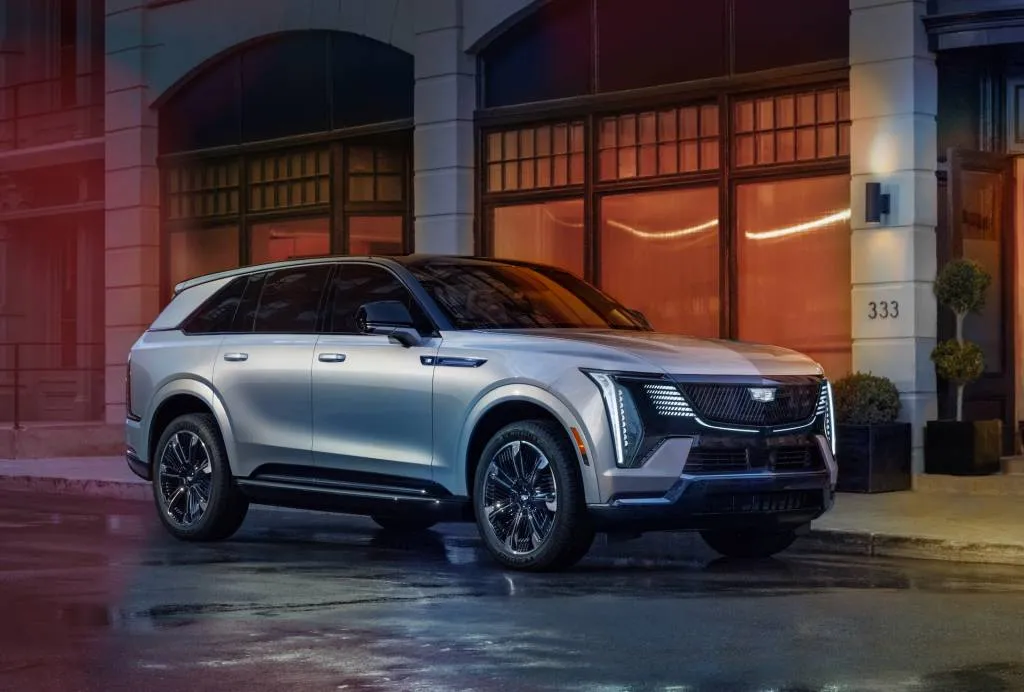Global SUV sales continue to grow and, EV or not, so do their emissions, according to the International Energy Agency (IEA).
SUVs accounted for a record 48% of global car sales in 2023, but surpassed 50% of the market for the first time in “advanced economies” with around 20 million sales, according to the IEA. And while only 5% of SUVs on the road are electric, they accounted for more than 55% of new EV registrations last year, the agency noted.
This growth has been going on for some time now, to the point that one in four cars on the road globally is now an SUV, the IEA estimates. That’s having a negative impact on emissions, as SUVs average 20% higher carbon dioxide (CO2) emissions than a mid-size passenger car, according to the agency.
Combustion-related CO2 emissions from SUVs and the 10 highest-emitting countries, 2023 (via IEA)
If these emissions were compared to countries, SUVs would be the world’s fifth largest emitter of CO2, exceeding the emissions of Japan, Germany, and South Korea, according to the IEA.
That’s in part due to added weight—the average SUV weighs 440-660 pounds more than a mid-size car, according to the IEA—something that affects SUVs powered by combustion engines or electric motors. It also means more materials—including battery materials—are needed, giving SUVs a larger carbon footprint in addition to a larger physical footprint.
During 2022 and 2023, oil consumption directly related to SUVs rose by a total of 600,000 barrels per day, the IEA said, accounting for more than a quarter of the overall annual growth in oil demand.

2025 Cadillac Escalade IQ
The IEA also warned in 2023 that the SUV market is fueling global oil demand, countering some of the emissions reductions one might hope to see from higher EV adoption. The IEA in 2022 also projected that global demand for fossil fuels will peak this decade. And, the shift to SUVs aside, EVs are headed for 11% of U.S. sales this year and about a fifth elsewhere, according to the agency.
Not all SUVs have equivalent emissions, either. As the Department of Energy has pointed out, if you must have an SUV, smaller SUVs are better for the environment in terms of total CO2 emissions.
Read the full article here



